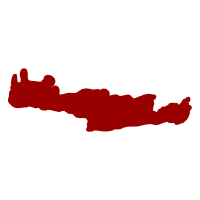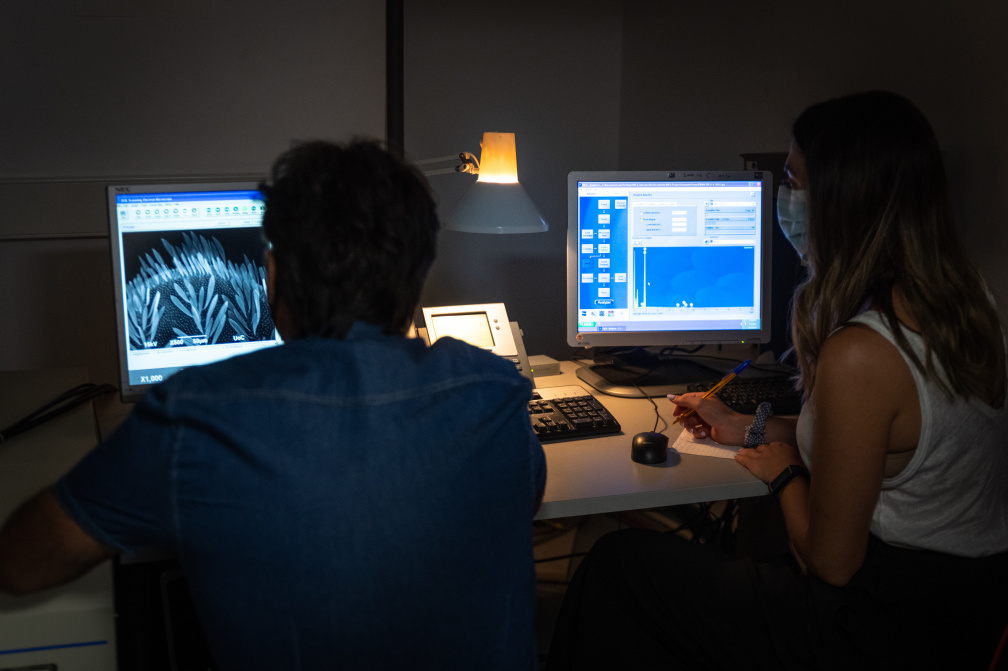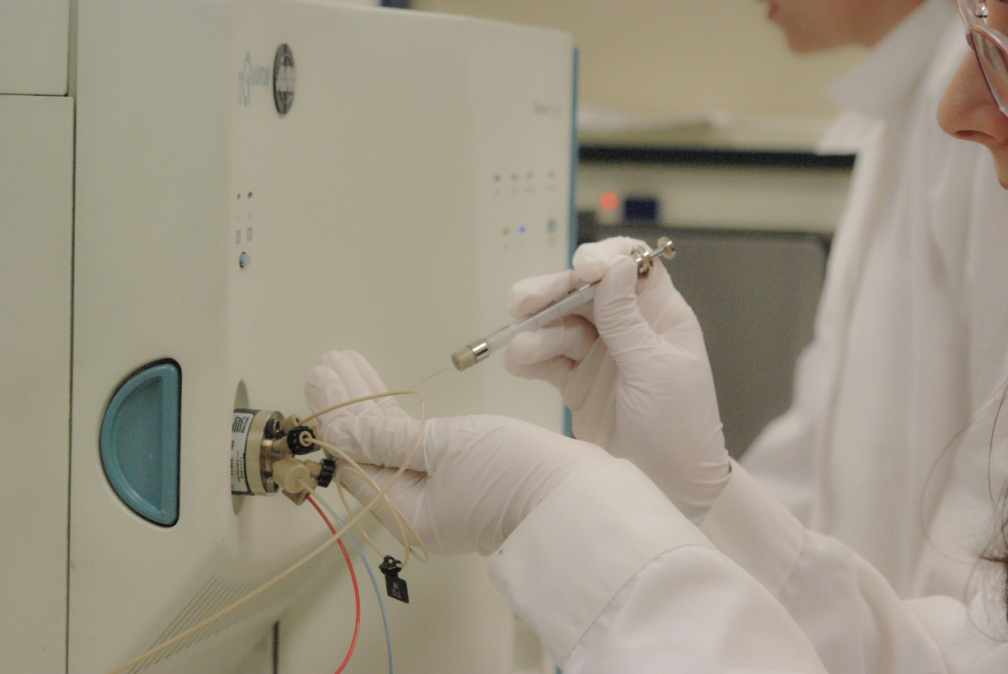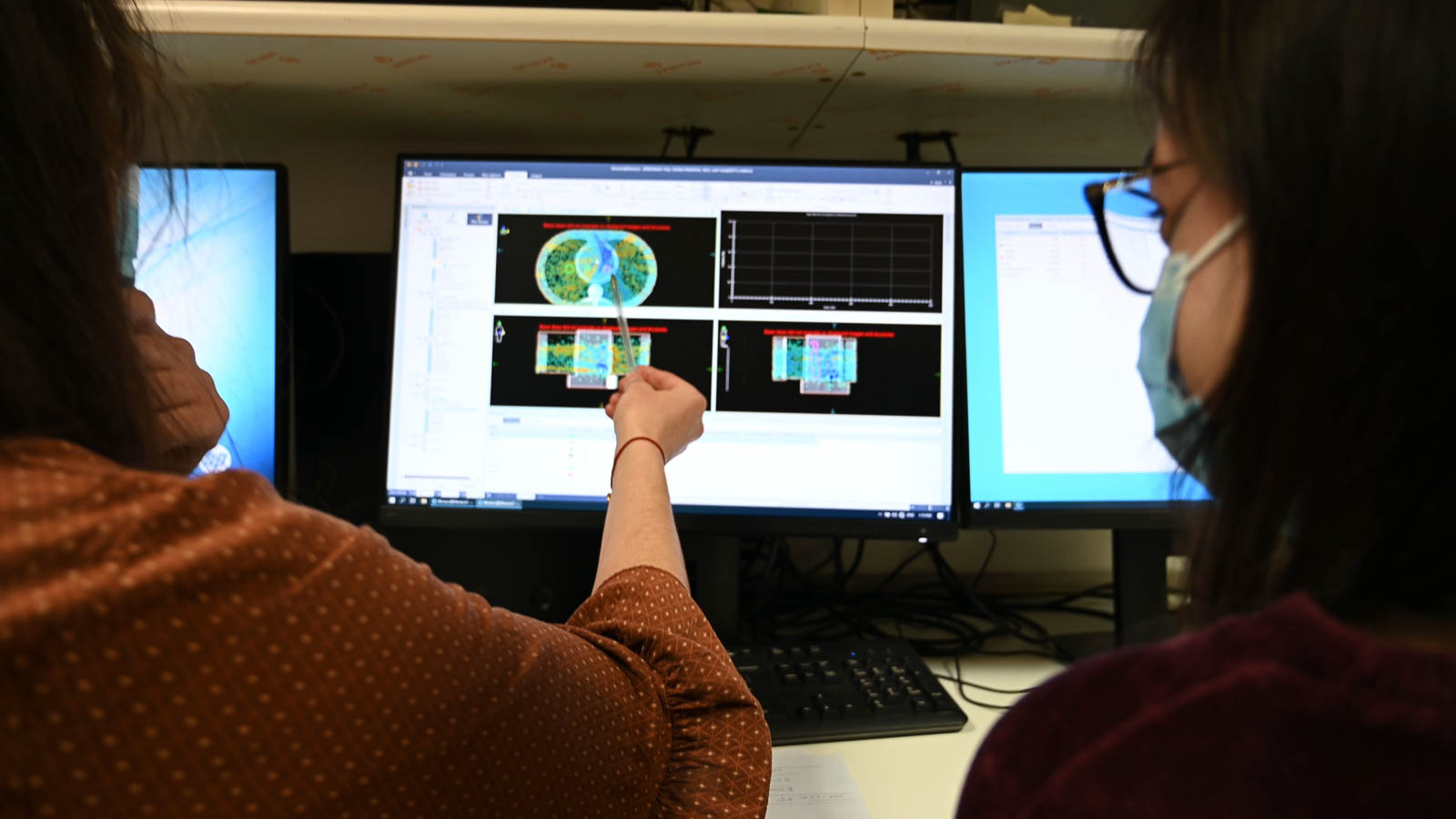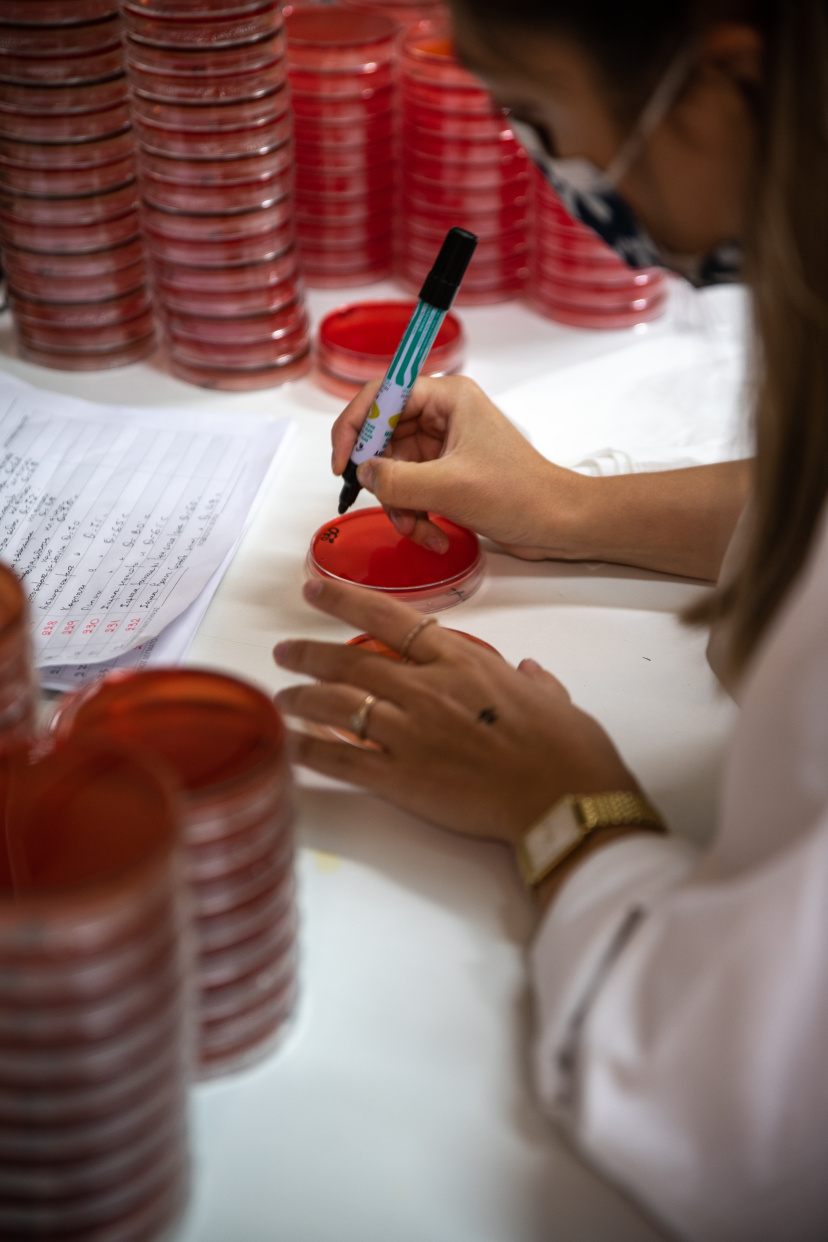Objectives
The Medical School aims to provide high level medical education based on learning and understanding of the medical science and on developing practical competences and clinical skills.
The main objectives of the medical studies are:
The provision of the appropriate knowledge foundation for the understanding of the physiological functions of human diseases.
The development of skills and competencies for the practice of Medical Science.
The understanding of the scientific and ethical basis of any medical procedure.
The perception of the medical practice as an obligation to the patient and to society.
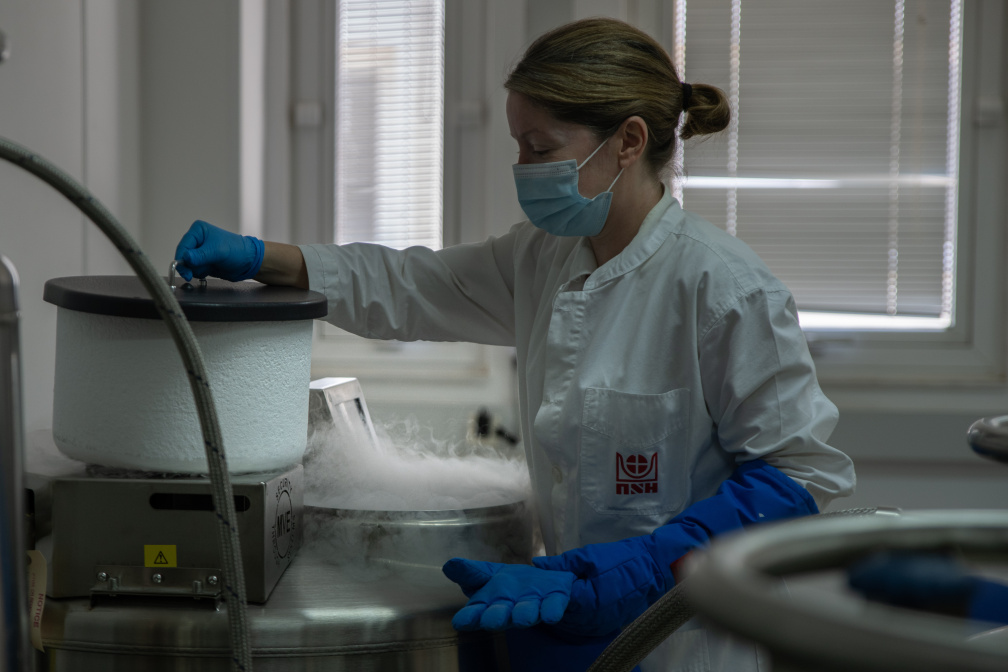
Years of Studies
ECTS
Courses
Since 1984
The University of Crete Medical School offers a modern curriculum that provides knowledge and skills for future physicians

International Program in Medicine
Key Features
Design of the Undergraduate Studies Programme
Program structure and concept
The Undergraduate Studies Programme is structured around three distinct study cycles: Basic Cycle (Semesters 1–4): Includes foundational courses such as anatomy, physiology, and biochemistry, which serve as the pillars for subsequent medical knowledge. Pre-clinical Cycle (Semesters 5–8): Acts as the bridge between the basic sciences and the clinical application stages. Clinical Cycle (Semesters 9–12, including clinical clerkships): This cycle begins with two core clinical clerkships—Internal Medicine and Surgery—each lasting 16 weeks (in semesters 9 and 10, respectively), followed by specialized clinical clerkships in other medical specialties during the 11th and 12th semesters.
Mandatory Requirements
A fundamental element of the Undergraduate Studies Programme is the existence of the general prerequisite courses for entering the third cycle and of the special prerequisite courses for starting the corresponding clinical rotations. Mandatory requirements for all clinical clerkships reflect the school’s policy in providing an essential link between foundational medical knowledge and clinical clerkships. In addition, completing the clinical clerkships in Internal Medicine and Surgery before a student starts the other clinical rotations is a necessary condition which structures the students’ clinical clerkship programme on a more solid basis.
Elective Courses
A range of focused elective courses is available in the program, after the first semester, for further exposing the students to specialized areas. The elective courses are purposefully allocated to each semester to help students make more mature and goal-oriented choices. In parallel, the Undergraduate Studies Programme is enriched with courses (both compulsory and elective) that nurture humanitarian values and enhance the development of a whole personality on the part of the students, an essential attribute of modern physicians.
Language - Greek Lessons to facilitate Clinical Training
The program is taught in English. All Basic, Pre-clinical and Clinical courses are taught and evaluated in English. Knowledge of Greek language is necessary for the communication of the students with patients during the clinical cycle of the studies. The program offers intensive courses in Greek to all students, which will allow them to reach knowledge at B2 level by the end of the pre-clinical cycle.
Teaching methods
At the discretion of the instructors, independent/complete courses, instead of just a module of a whole course, may be taught in small groups so that the students gain hands-on training on a specific subject area.
The courses are taught in the following three forms

Lectures
Lectures, in which the instructor presents a specific subject area.

Seminars and tutorials
Seminars and tutorials, in which the students are involved in co-presentation of a topic which they have researched under the guidance of the instructor and the relevant bibliography.

Laboratory Work and Clinical Clerkships
Laboratory Work and Clinical Clerkships. These modules/courses aim at providing basic or clinical knowledge at the level of practical training on a specific subject.
Student Coursework Evaluation
The assessment of students’ performance in each course is by written or/and oral exams. Assessment methods and grade assignment is at the discretion of the course instructor. This information is further detailed in each course’s syllabus which can be accessed in the School’s Study Guide, on the school’s website.
Study Advisor
A faculty staff member is appointed for each and every student of the School of Medicine, who will be their advisor all along.
Study advisors guide and support students not only in their study programs, personal issues related to their studies, but also indicate students the best way to achieve individual goals required at every level of their studies.
It is an optional institution, however students are strongly encouraged to contact their Advisors; we are sure that advising contributes significantly to success.
Learning Outcomes/Acquired Knowledge/clinical competences:
- Knowledge of the basic architecture of the structure and organization of the human body.
- Knowledge of the physiological mechanisms that govern the functions of the organs and systems of the human body.
- Understanding of the pathophysiological basis and knowledge of the pathogenetic mechanisms of diseases.
- Knowledge of the main epidemiological features of the community’s disease profile and the basic principles of prevention.
- Acquisition of effective communication skills during the doctor – patient /patient’s family encounter.
- Taking a complete medical history and performing a complete physical examination.
- Knowledge of the clinical manifestations of the most common diseases, their diagnostic approach and the basic principles of their treatment.
- Performing cardiopulmonary resuscitation and applying the basic principles of multiple trauma care in the primary care setting.
- The preliminary diagnostic approach and effective transfer and referral of the patient / injured.



